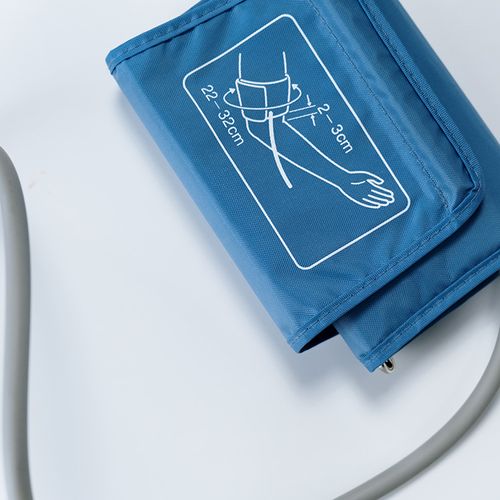Some common blood pressure drugs can substantially increase the risk of diabetes, especially among those already at risk for the condition, researchers report. According to the study, beta-blockers and diuretics are the blood pressure drugs most associated with diabetes. Angiotensin-receptor blockers CARBs) and angiotensin-converting-enzyme (ACE) inhibitors are least associated with the condition, followed by calcium-channel blockers.
"There are differences across the various types of drugs that we use to treat high blood pressure in people who develop diabetes," said study author Dr. William Elliott, from the department of preventive medicine at Rush University Medical Center, Chicago.
The Study
In the study, Elliott and his colleague Peter Meyer looked at 22 clinical trials that included more than 143,000 people. These people had high blood pressure but did not have diabetes at the start of the trials. In each trial, the participants received long-term treatment with each class of blood pressure drugs or placebo.
The traditional medicines used to treat high blood pressure in the US are diuretics and betablockers, Elliott said. "It so happens that they are the two drug classes that are most likely to precipitate diabetes. It turns out that two of the new classes of drug-ACE inhibitors and ARBS -are the two that have the least amount of diabetes associated with them. In the middle, we have calcium-channel blockers," he said.
Elliott noted that your risk of getting diabetes while taking diuretics and beta-blockers de pends on several factors. These include how long you are on the medication, your weight, your family history of diabetes, whether or not you have recently gained weight, and other risk factors, he said.
Implications
How doctors should be prescribing these drugs in light of these findings isn't clear cut, Elliott said. "In Britain, they have issued new guidelines, where, in fact, the diuretic and beta-blocker combination are not to be used together because of the excess risk of diabetes," he said.
Doctors who take a patient's risk for diabetes into account might be better off prescribing an ACE inhibitor or an ARB, rather than a beta-blocker or a diuretic as first-line treatment, Elliott said.
"However, if you have a patient who has high blood pressure, kidney disease and had a major heart attack recently—there is no question they are going to get the beta-blocker to protect them from another heart attack," he said. "They are also going to get a diuretic, because of the kidney disease. If they get diabetic, you just accept that and move on. You are not going to deny them the medicines they need today over the risk of diabetes down the road," he said.
Reaction
One diabetes expert thinks that doctors should take a patient's risk for diabetes into account when prescribing blood pressure medications.
"Individualization of therapy is important," said Dr. Stuart Weiss, an endocrinologist at New York University Medical Center. "With the explosion of diabetes in the country, we need to take that into consideration when providing patients with their initial antihypertensive."
Weiss thinks that those people who are at risk for diabetes should not be started on betablockers or diuretics. "With all the data about the long-term use of ACEs and ARBs and their lower risk for diabetes, it's a good thing to get these drugs in early in somebody who is even at modest risk for type 2 diabetes," he said.
A cardiologist agreed that treatment needs to be tailored to individual patient needs.
"Since doctors generally have many drug options to lower blood pressure, it makes sense to tailor the drug choice to the patient who may be at higher risk for certain diseases," said Dr. Byron K. Lee, an assistant professor of medicine, Division of Cardiology, at University of California, San Francisco
"For example, those at higher risk for diabetes may be given an ACE inhibitor or ARB, whereas those at higher risk for heart attacks may be given a beta-blocker," Lee said.
